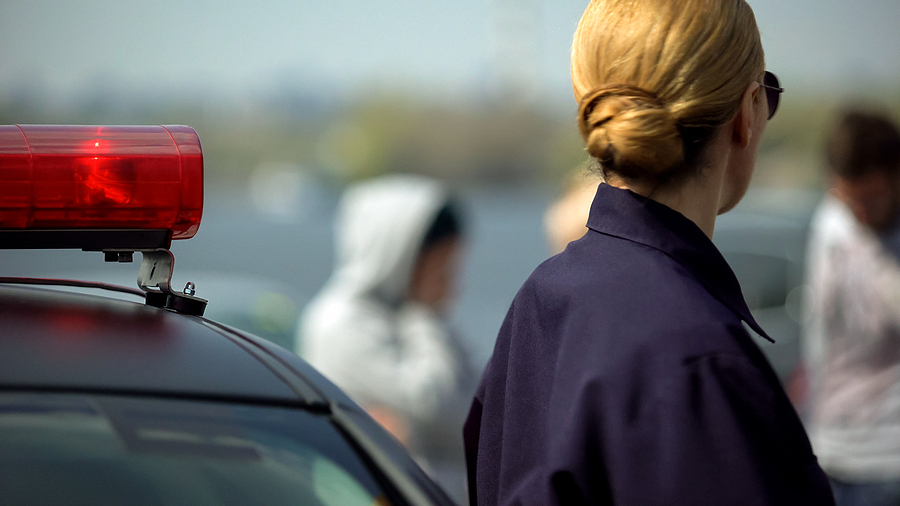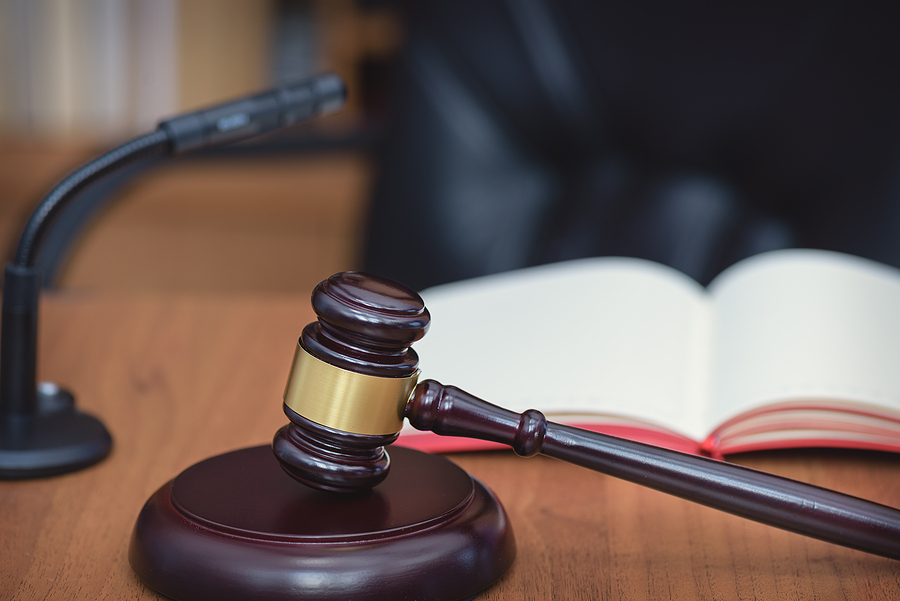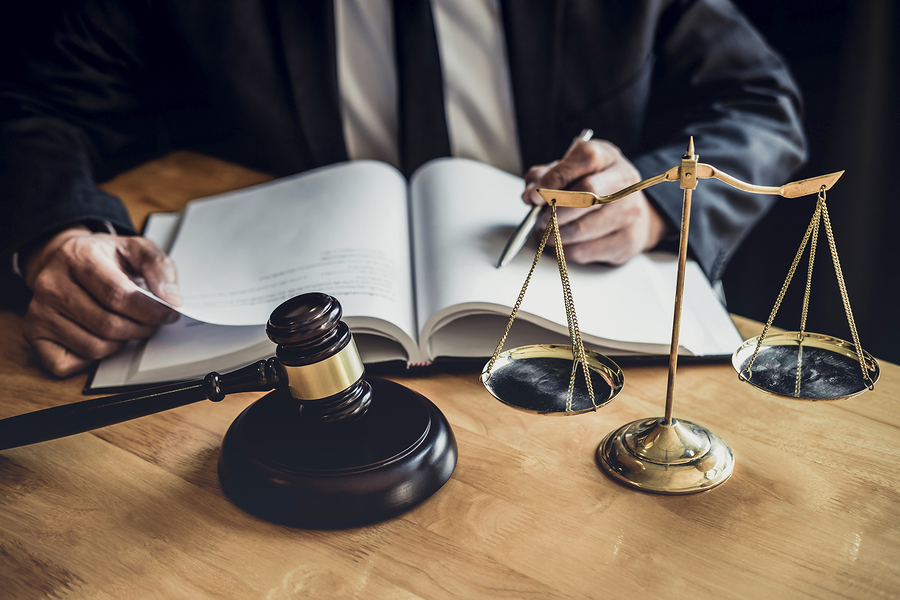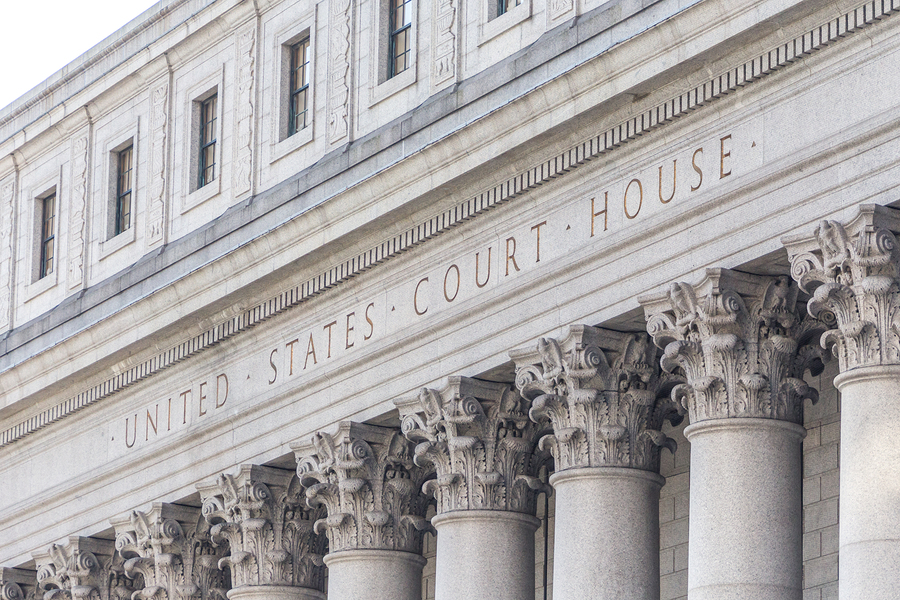Let’s say you were at your friend’s apartment, and the cops are called. If your friend has drugs there, do you think you would get in trouble for them too? Well, it could happen. The crime is known as being in a “place of common nuisance”, and you can be arrested for it just for being near someone who has possession of drugs or narcotics.
Continue reading to learn more about what it means to be in a place of common nuisance, and what you need to do if you are ever faced with the criminal charge in Indiana.

A Place of Common Nuisance
A place of common nuisance is any private property where illegal activity is taking place. This can be a house, boat, vehicle, apartment, hotel room, or any other private residence. The most frequent crimes that occur in a place of common nuisance include the consumption and selling of illegal substances and paraphernalia. This includes street drugs, stolen merchandise, firearms, and medication.
Visiting a Common Nuisance
Anyone person that knowingly visits a place of common nuisance is committing a crime, and if caught, can be charged with “visiting a common nuisance.” Here’s an example of a situation where a person can be arrested and charged with this crime, without actually taking part in the illegal activity:
Rachel is on vacation in New York City with her best friend, Ann. While out on the town celebrating, they meet a group of guys who invite them back to their place for a drink. When the girls walk into the apartment, they immediately notice some guns on the counter, and some drugs laying out on the table. They decide to stay and have a few drinks, even though they do not like guns or use drugs. After a few drinks, the guys start smoking marijuana and the cops get called. Even though Rachel and Ann did not partake in the marijuana usage, and do not own the guns, they can be arrested and charged for visiting a common nuisance.
Maintaining a Common Nuisance
If a person allows someone, or a group of people, to use drugs or partake in illegal activity in their own home or vehicle, they can be charged with “maintaining a common nuisance.” For instance, if a girl lets her friend shoot up heroin in her apartment, she could be arrested and charged with this crime. The same applies to parents who allow their children to drink underage or use drugs in their home.
Get a Plan in Action for Unbeatable Criminal Defense for Drug Crimes in Indiana
Call 317-636-7514 to schedule a consultation with aggressive criminal defense attorney, David E. Lewis regarding your drug possession charges in Indianapolis, Indiana. He will stop at nothing to protect your rights and preserve your freedoms after being charged with possession or place of common nuisance. With decades of hands-on experience, you can trust Attorney David E. Lewis to build you a strong and impactful defense against your criminal charges.










